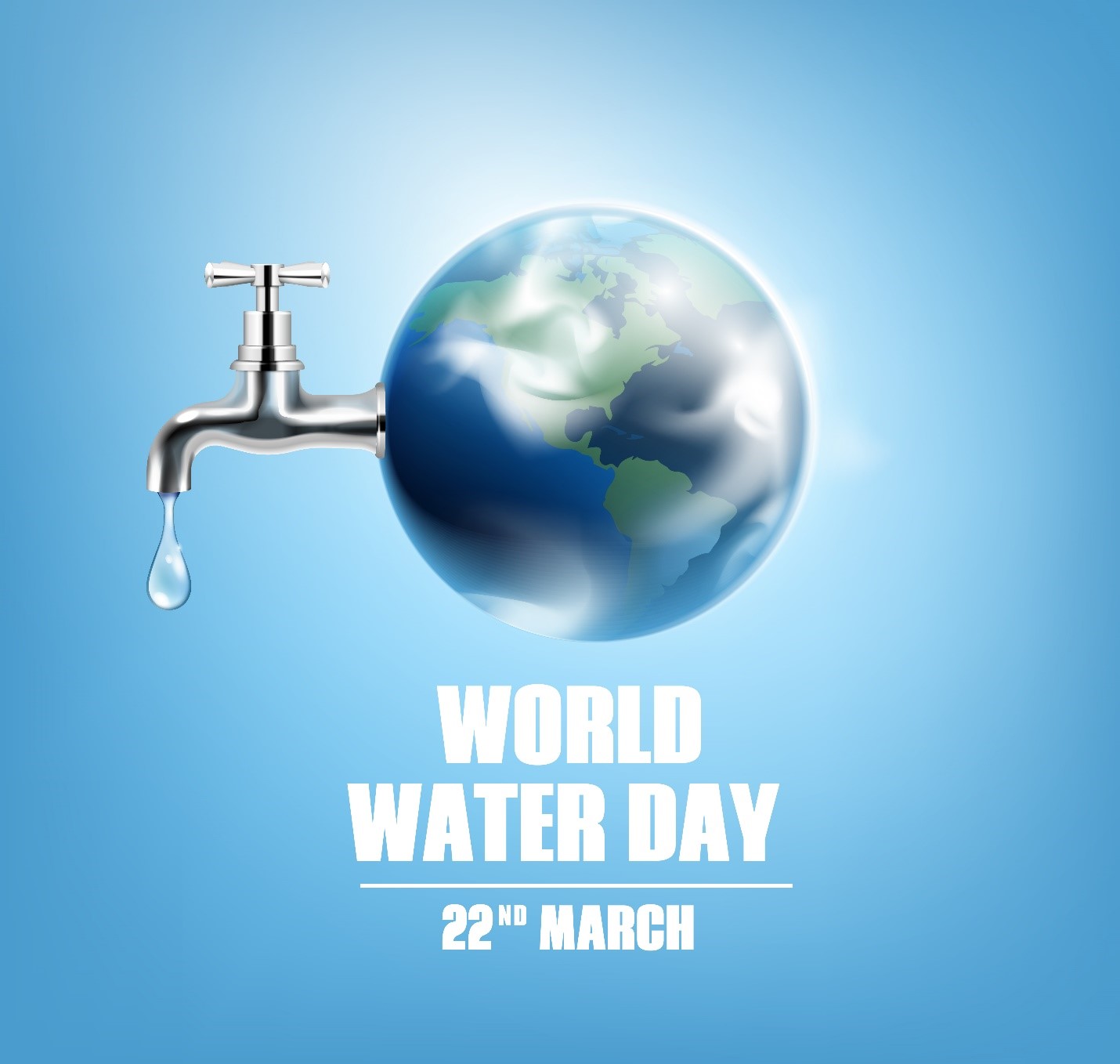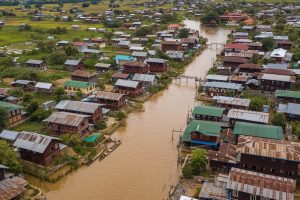Every year on March 22nd, World Water Day is commemorated to highlight the importance of freshwater. World Water Day honors water while also raising awareness of the 2.2 billion people who do not have access to safe drinking water. It’s about taking steps to address the world’s water crisis. The accomplishment of Sustainable Development Goal 6: water and sanitation for all by 2030 is a major emphasis of World Water Day.
The concept for this worldwide day dates back to 1992 when Rio de Janeiro hosted the United Nations Conference on Environment and Development. On December 22nd of that year, the United Nations General Assembly passed resolution A/RES/47/193 declaring March 22nd of each year as World Water Day, to be marked from 1993. States were invited to devote the Day to concrete activities such as public awareness-raising through the publication and distribution of documentaries and the organization of conferences, round tables, seminars, and expositions related to the conservation and development of water resources, as appropriate in their national context.
Other celebrations and events were added afterward. For example, the 2013 International Year of Cooperation in the Water Sphere and the current International Decade for Action on Water for Sustainable Development, which runs from 2018 to 2028. These commemorations seek to underline the importance of water and sanitation policies in reducing poverty, increasing economic growth, and ensuring environmental sustainability.
Groundwater, making the invisible visible
The theme for World Water Day this year is “Groundwater: Making the Invisible Visible,” and UNESCO is the lead UN agency. The focus in 2022 will be on groundwater, an intangible resource with a global influence. Every year on or around World Water Day, a new World Water Development Report is produced to assist decision-makers with tools to create and execute sustainable water policy. On March 21, 2022, at the 9th World Water Forum in Dakar, Senegal, the 2022 edition of the World Water Development Report (WWDR 2022), titled “Groundwater: Making the Invisible Visible,” was released.
On behalf of UN-Water, the World Water Development Programme (WWAP) of UNESCO is coordinating this report. The report’s topic is matched with the annual subject for World Water Day. UNESCO also participates in World Water Day as part of its Intergovernmental Hydrological Programme (IHP), which works all year to establish a scientific knowledge foundation to assist countries in managing their water resources in a sustainable manner.
The Importance of Groundwater
Water found underground in aquifers, which are geological formations of rocks, sands, and gravels that contain large amounts of water, is known as groundwater. Although groundwater is invisible, its impact can be seen all across the planet.
- Groundwater flows into oceans and feeds springs, rivers, lakes, and wetlands. Rain and snowfall infiltrating the ground are the primary sources of groundwater recharge. Pumps and wells can bring groundwater to the surface.
- Groundwater, which accounts for nearly all of the world’s liquid freshwater, has the potential to provide countries with enormous social, economic, and environmental benefits and opportunities.
- Without groundwater, life would be impossible. The majority of the world’s dry regions rely solely on groundwater. A considerable percentage of the water we use for drinking, sanitation, food production, and industrial operations comes from groundwater.
- It’s also vital for ecosystems like wetlands and rivers to function properly. We must preserve them against overexploitation – extracting more water than is replenished by rain and snow – and the pollution that already afflicts them, as this can lead to resource depletion, increased processing costs, and, in certain cases, the inability to use it.
Audrey Azoulay, Director-General, on the occasion of World Water Day 2022, stated that groundwater will play a critical role in supplying the growing need for food and drinking water as the earth adapts to a changing climate and rising population. Despite this, this vital resource is vulnerable to a variety of threats, including inadequate protection and potentially irreparable pollution. For all of these reasons, UNESCO is honoring groundwater on World Water Day 2022, because properly conserving and managing groundwater is its communal responsibility and in its collective interest.
How we can protect groundwater
Exploring, protecting, and using groundwater sustainably will be critical to surviving and adapting to climate change, as well as satisfying the requirements of an expanding population. To manage this valuable resource sustainably, we must work together.
- What we do on the surface has ramifications below the surface. Only safe, biodegradable materials should be used on the soil, and water should be used as efficiently as possible.
- Groundwater flows across national boundaries. To manage transboundary groundwater resources, we must collaborate. What we don’t measure, we can’t manage. Groundwater needs to be properly investigated, studied, and tracked.
- Groundwater will be crucial in coping with climate change. We must safeguard and investigate groundwater while balancing the requirements of people and the environment.
Let’s all keep in mind that groundwater is a secret gem that enhances our lives, hidden beneath our feet and out of sight, but it must not be out of mind. Happy World Water Day!







